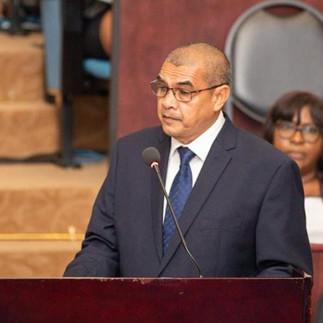Hire Purchase Bill passed; sellers cannot repossess without court order if more than 70% paid
- Staff Writer
- Nov 30, 2022
- 2 min read

Following a heated debate in the National Assembly, the Hire Purchase (amendment) Bill of 2020 was passed.
This bill gives added protection to consumers, as well as sellers with the amendment of 27 clauses, following its scrutiny in a special select committee.
Atop the protection for consumers making hire purchases, is the prevention of arbitrary seizures, once at minimum, 70 percent of the price for the item has already been paid.
Any attempt to seize such items can only be executed with the favourable decision by a Magistrate, following litigation.
Sellers are allowed to repossess items without a court order if less than 70 percent of the sum is paid; however the amended bill requires the seller to provide 21 days notice before they can repossess. This gives the buyer an opportunity to remedy any breach made which will negate the repossession.
Prior to the passage of the bill, if a consumer failed to make a single payment on an item, all payments could be forfeited and the seller was allowed to repossess that item.
There is also a five percent rebate for early payment.
Sellers are also mandated to disclose the cash price of items, other than through the sale agreement.
Speaking on the bill after presenting it in the House, Minister of Tourism, Industry and Commerce, Oneidge Walrond noted that the bill is two-fold as it also creates protection for sellers.
The amended bill requires a buyer to reveal the location of the item purchased, once the seller requests and to immediately inform them if that item is removed from the disclosed location and give directions to it.
Failure to provide such information or providing false information constitutes a summary offence and a buyer convicted of that will pay a fine of $200,000.
However, the passage of the bill was not without dissent from the Opposition benches.
Opposition Members, Hemraj Rajkumar and Amanza Walton-Desir, who both supported the bill in principle, called for more protection in the hire purchase bill.
Rajkumar proposed that the bill should have addressed the high interest fees attached to hire purchases.
"The bill should have included a clause proposing to limit the amount of interest charged by the seller. We also recommended that the adoption include a method of reducing balance in calculating the instalments, as opposed to the compound interest method which is currently being used."
Regardless, the bill was passed in the National Assembly as the 13 present members of the opposition refused to vote on the bill.

















Comments